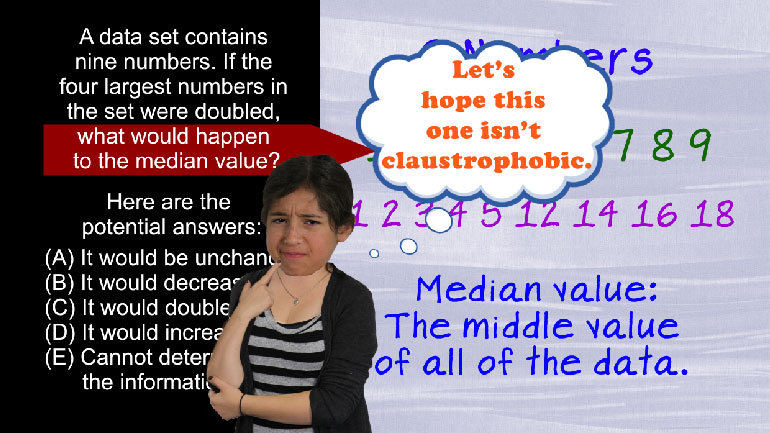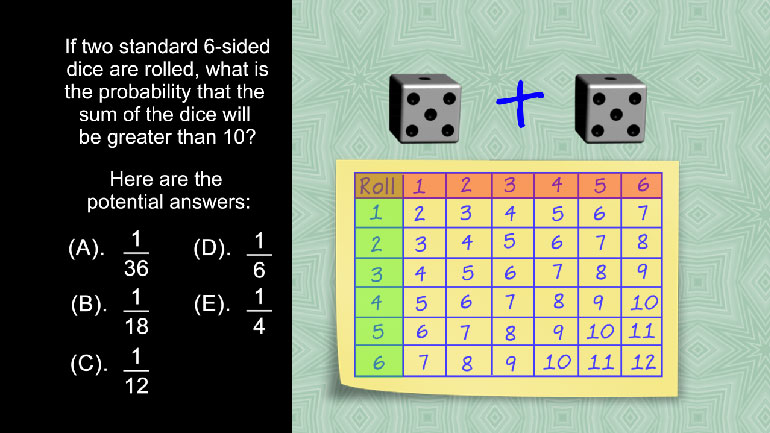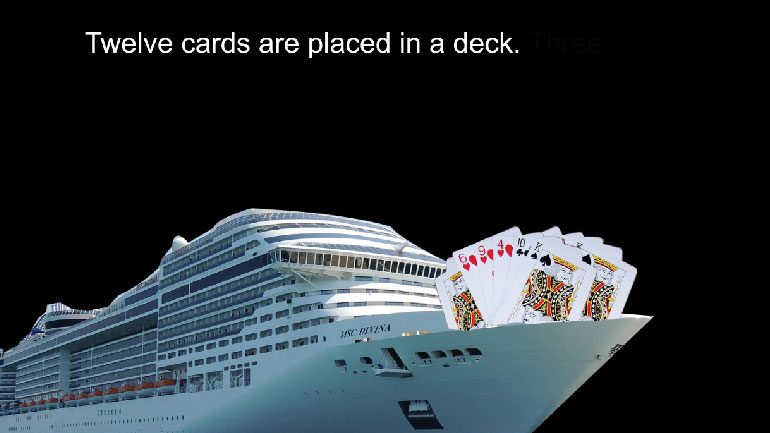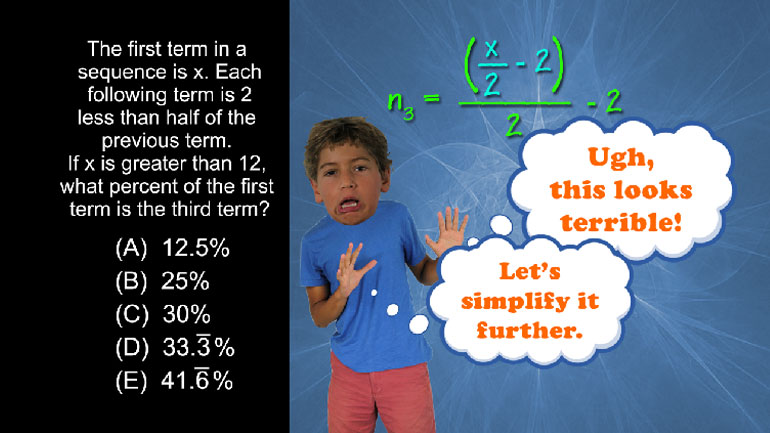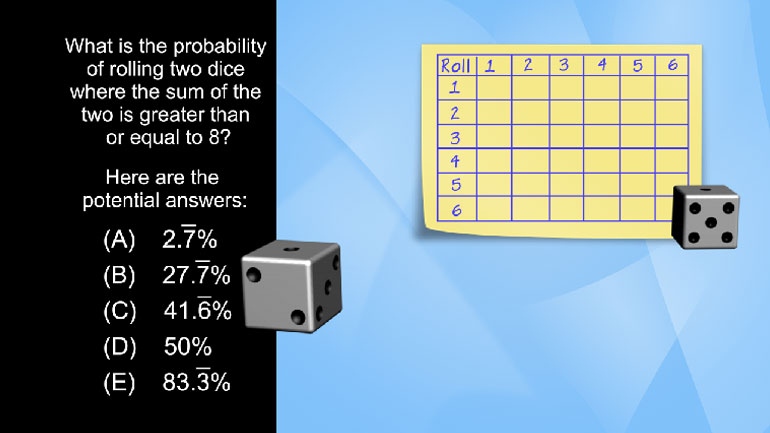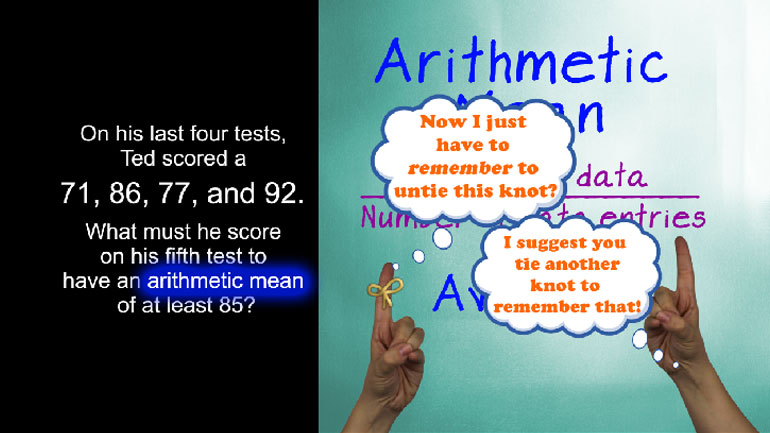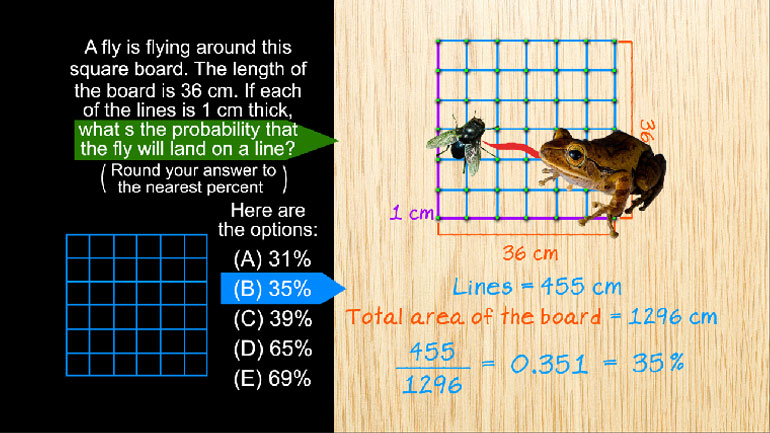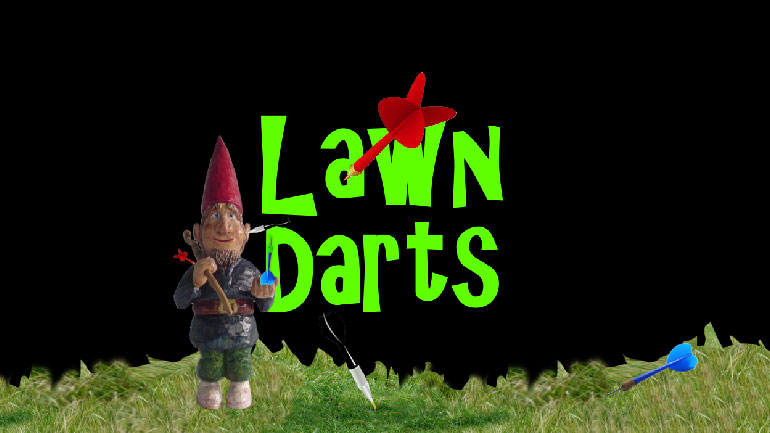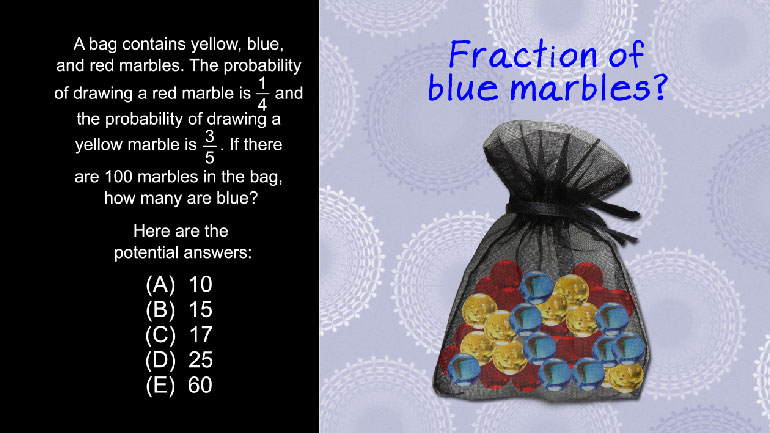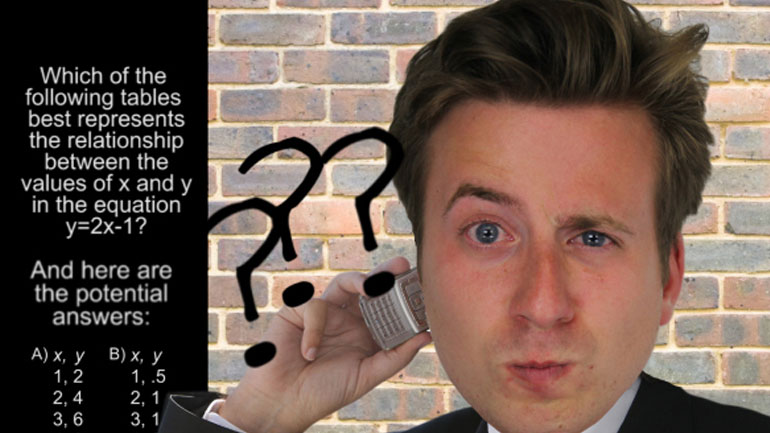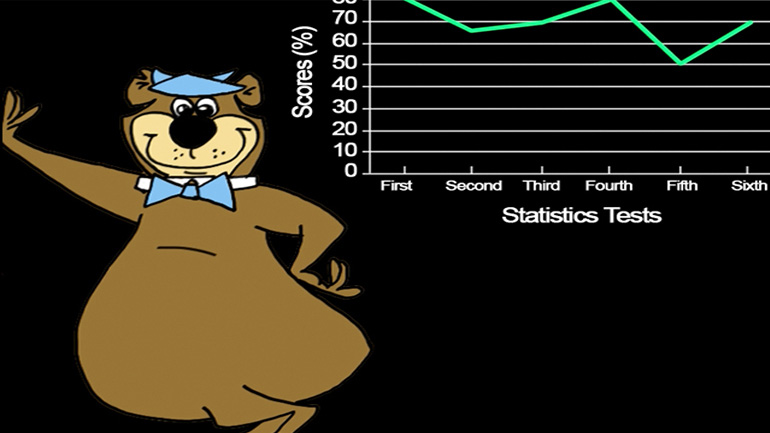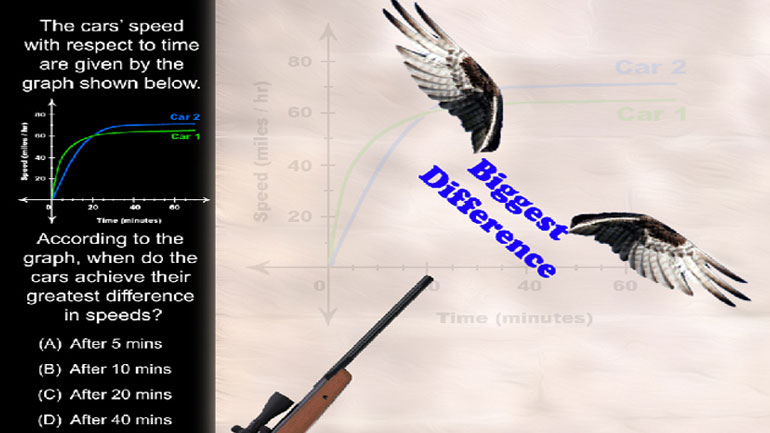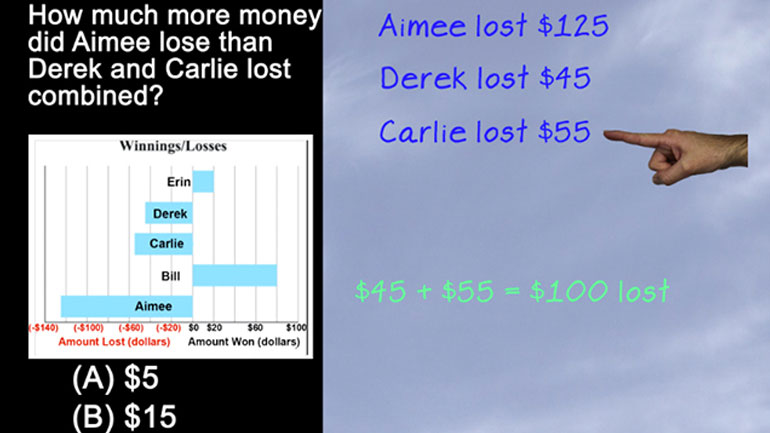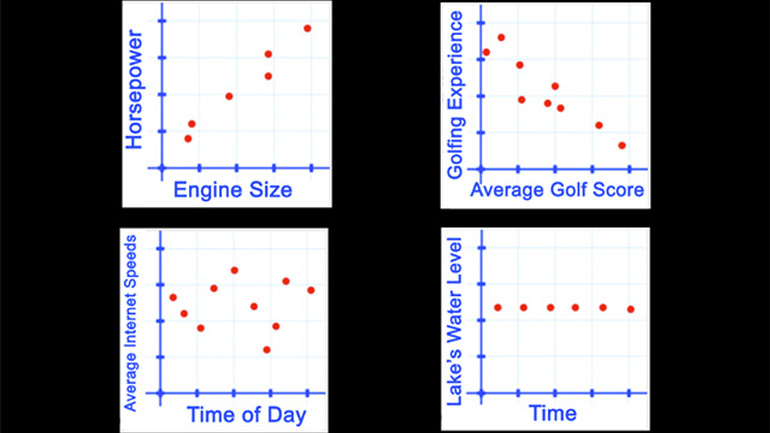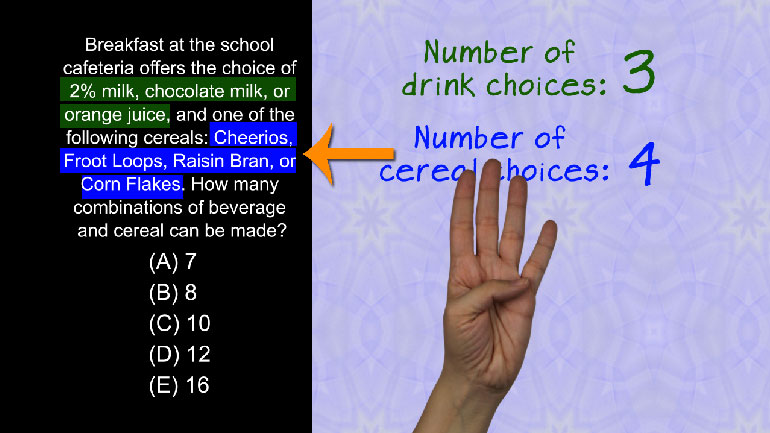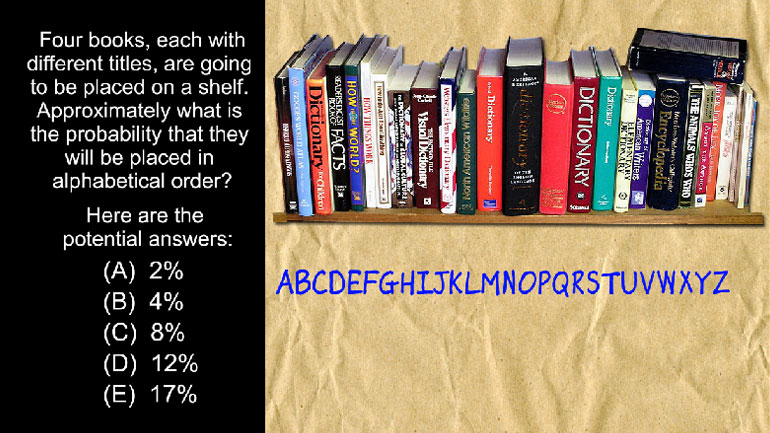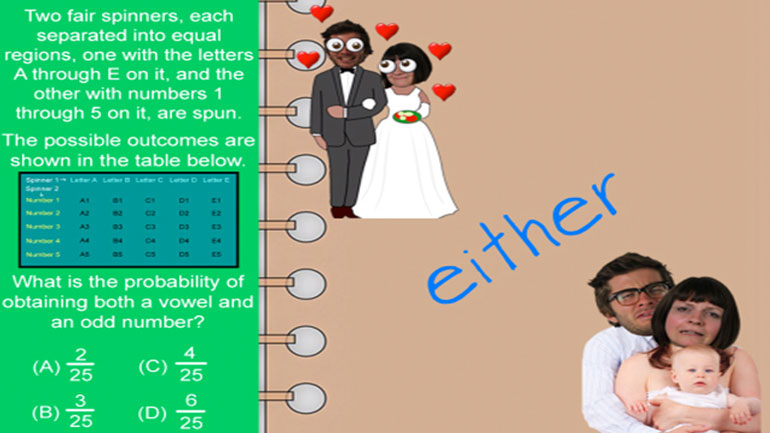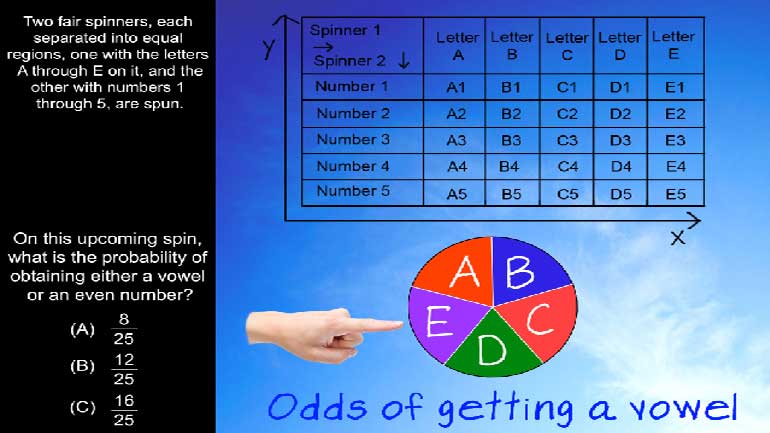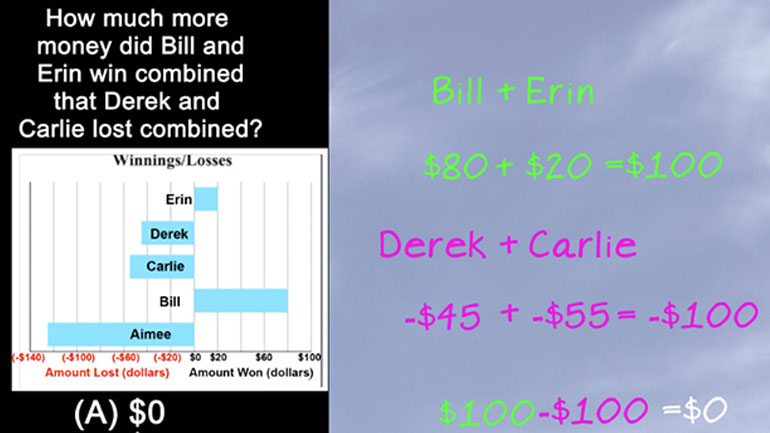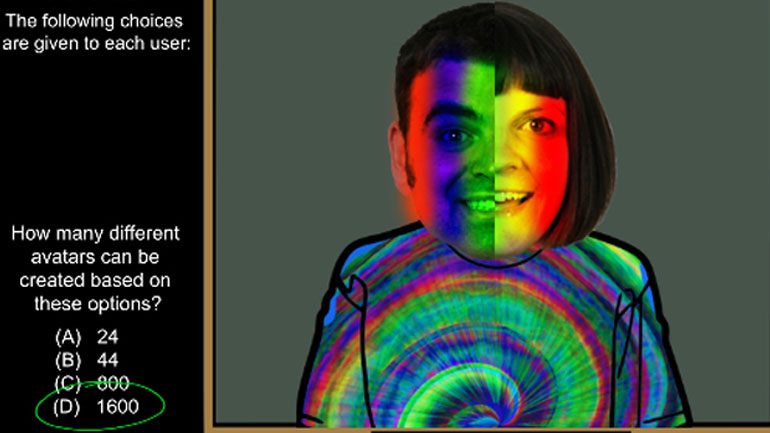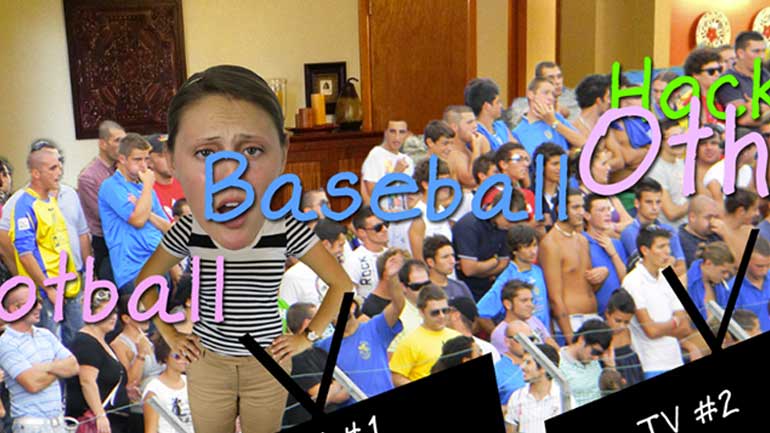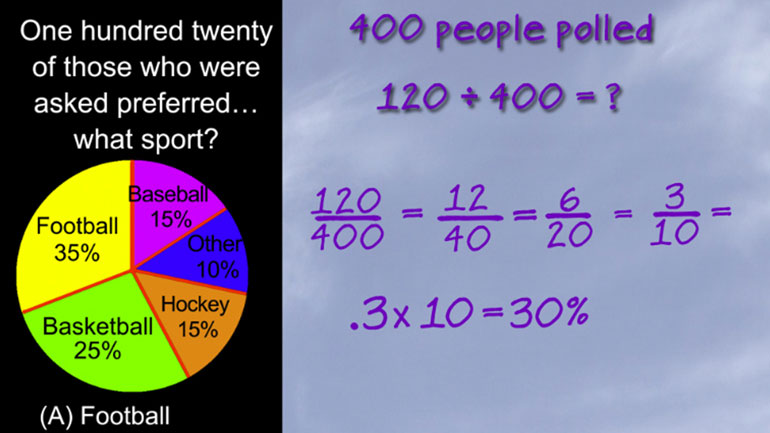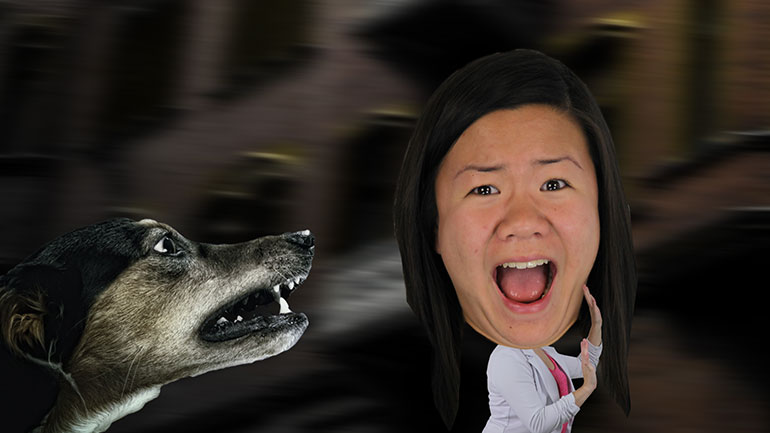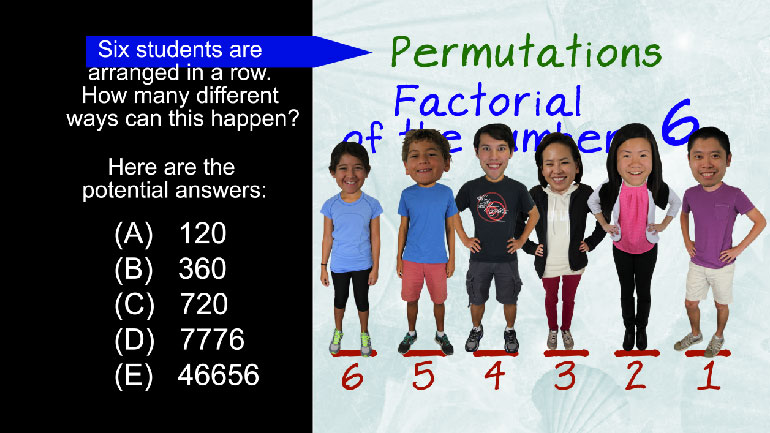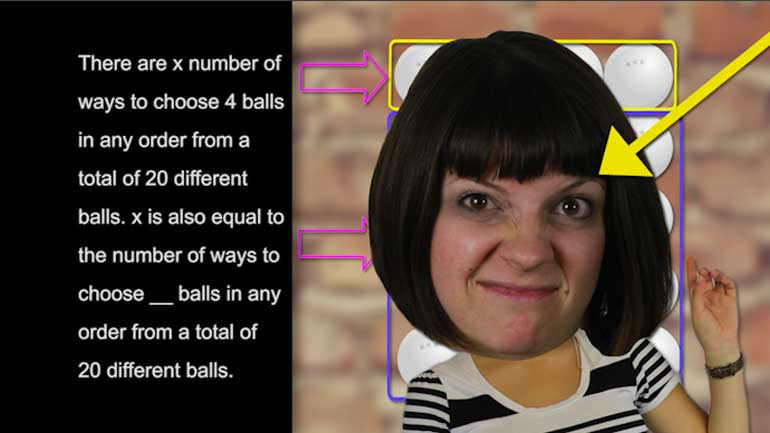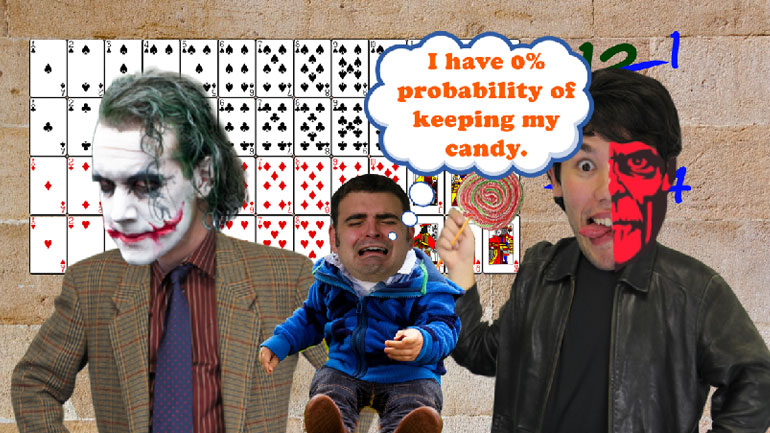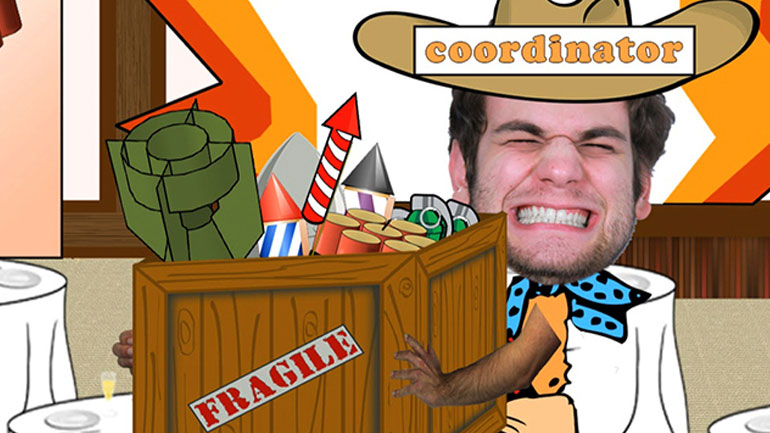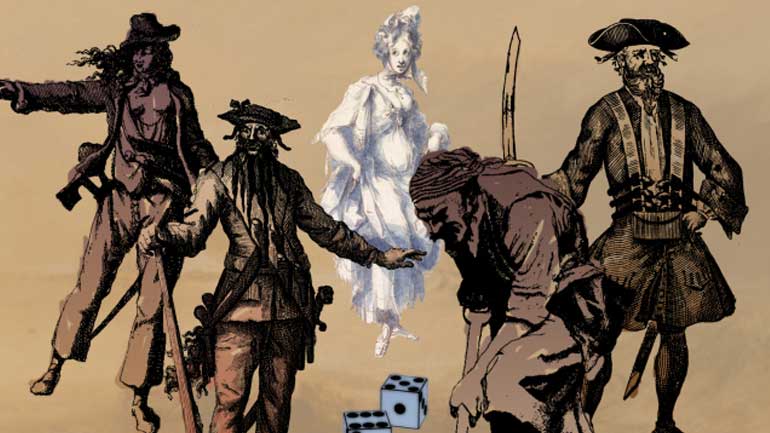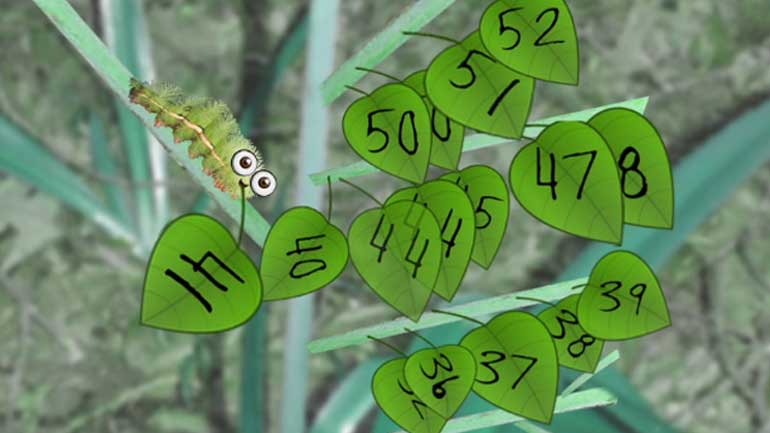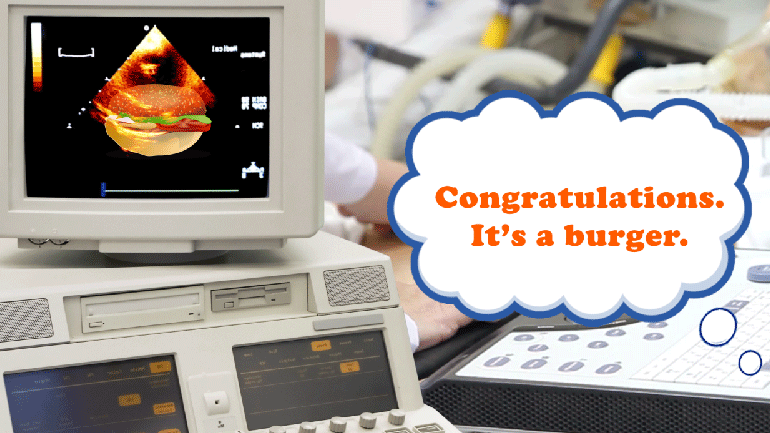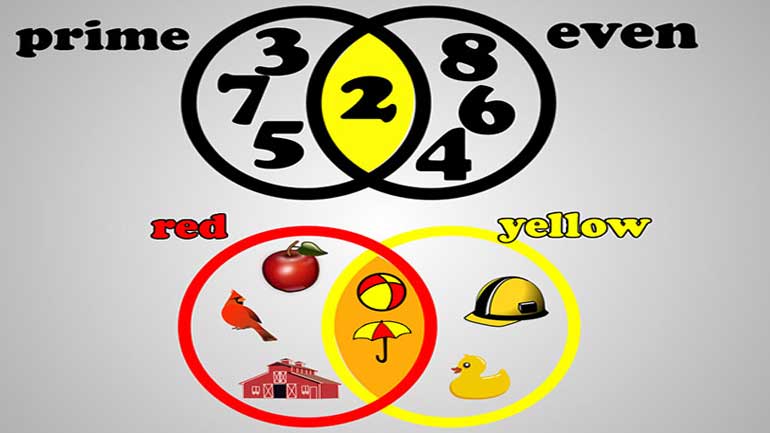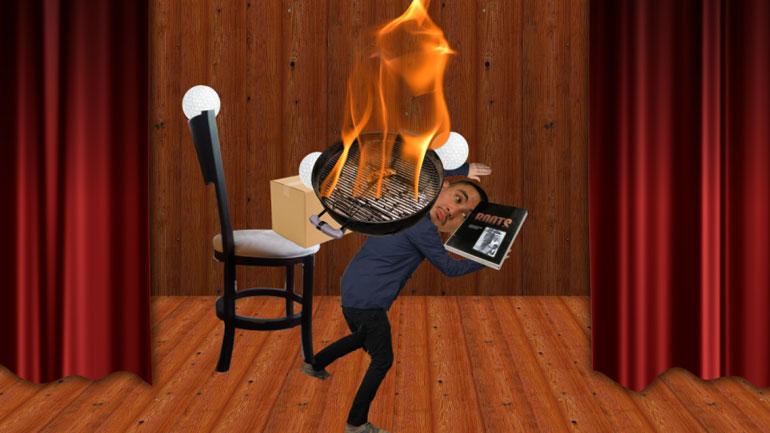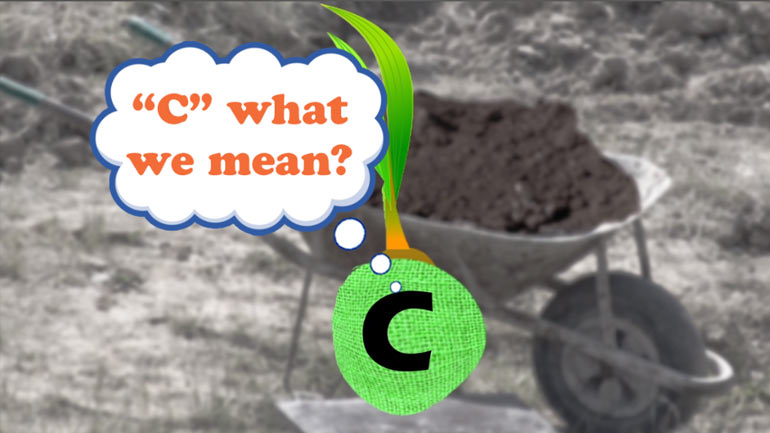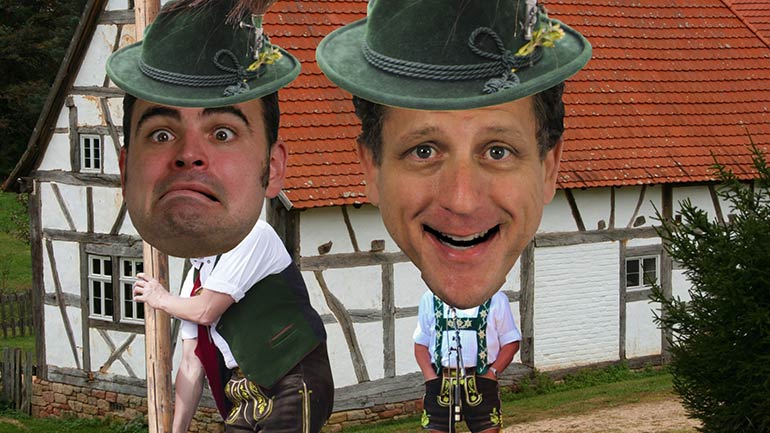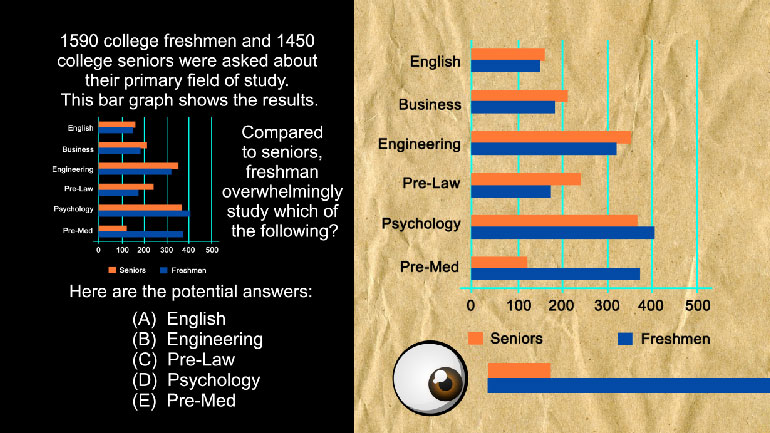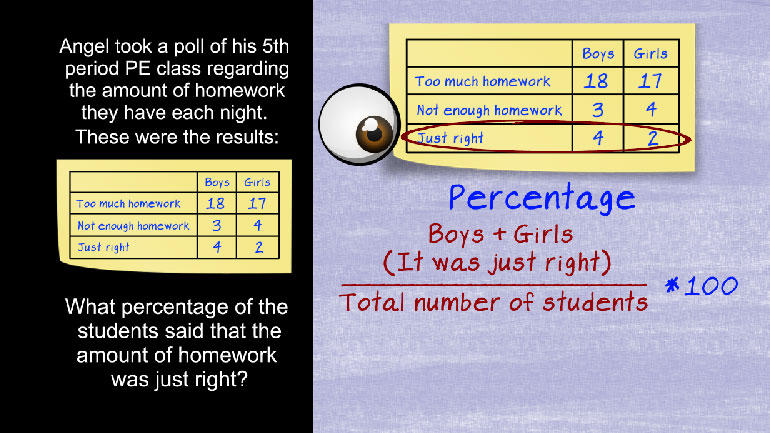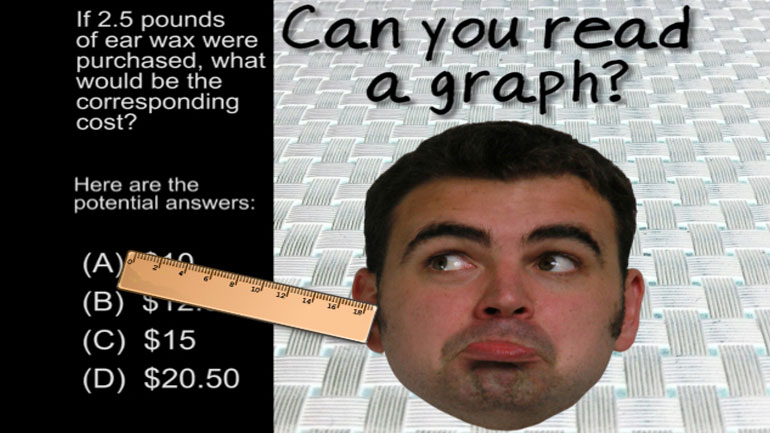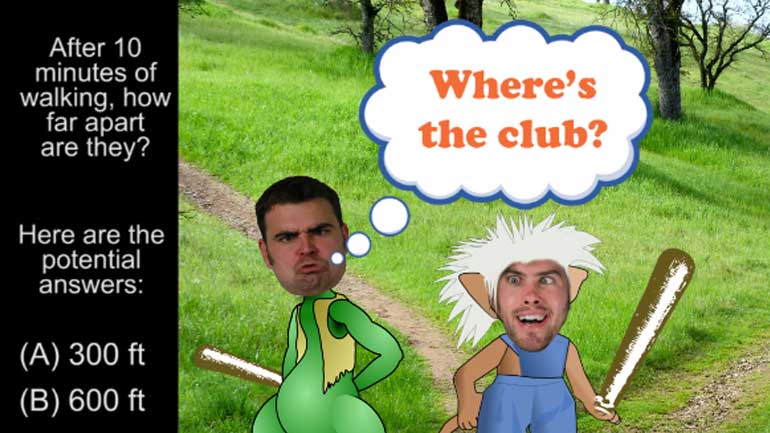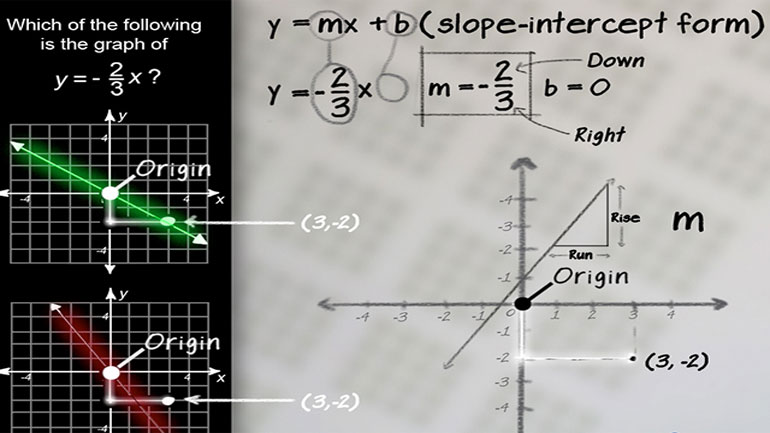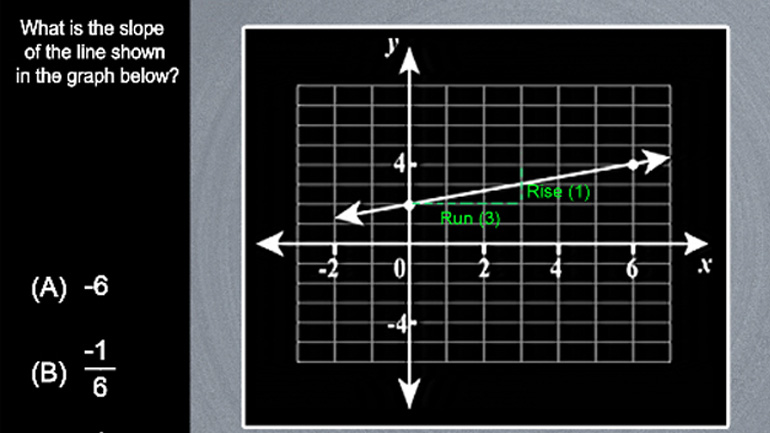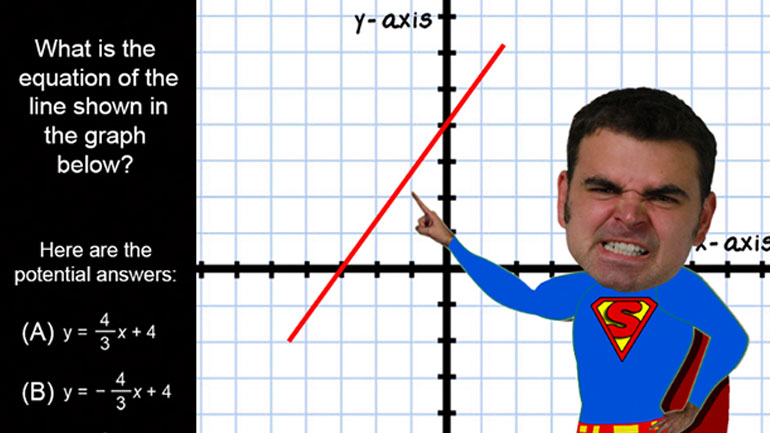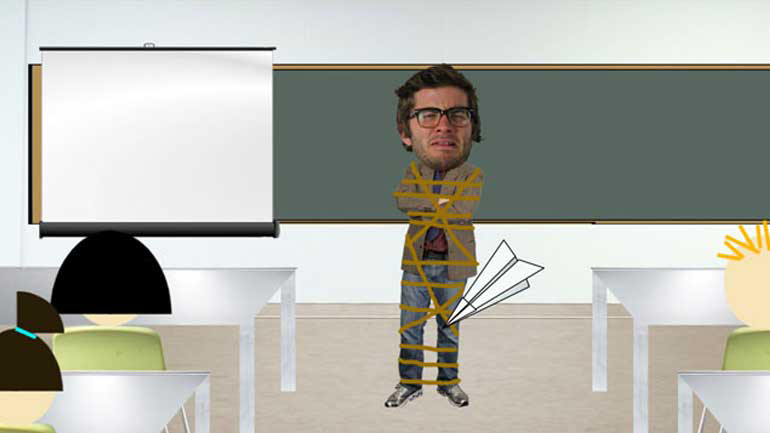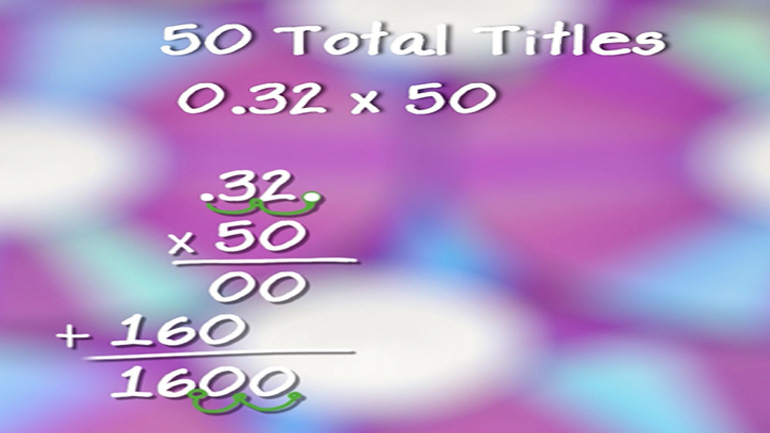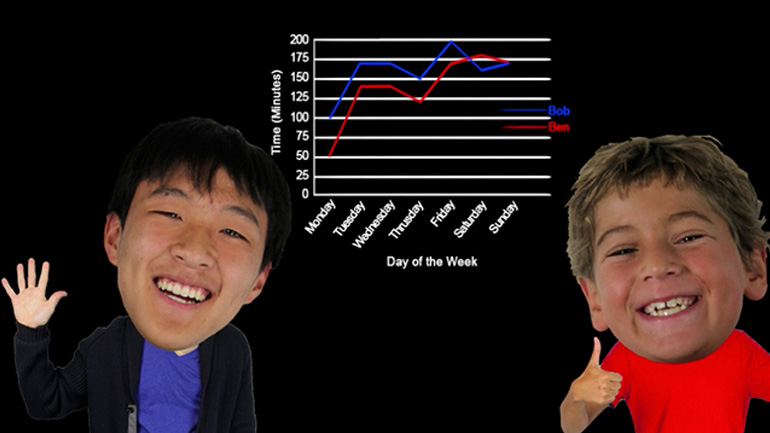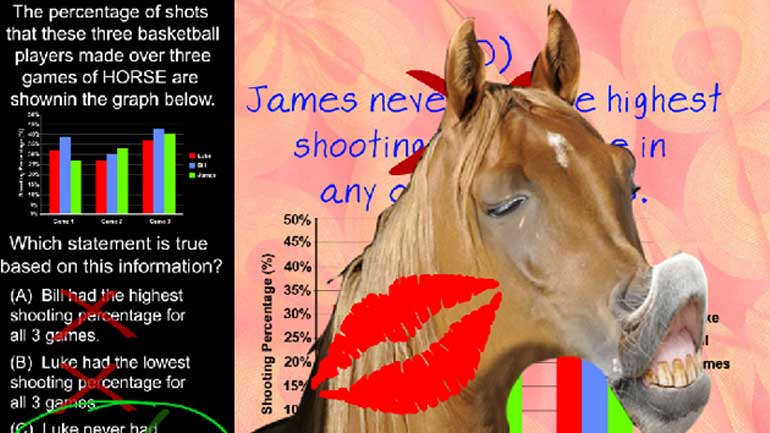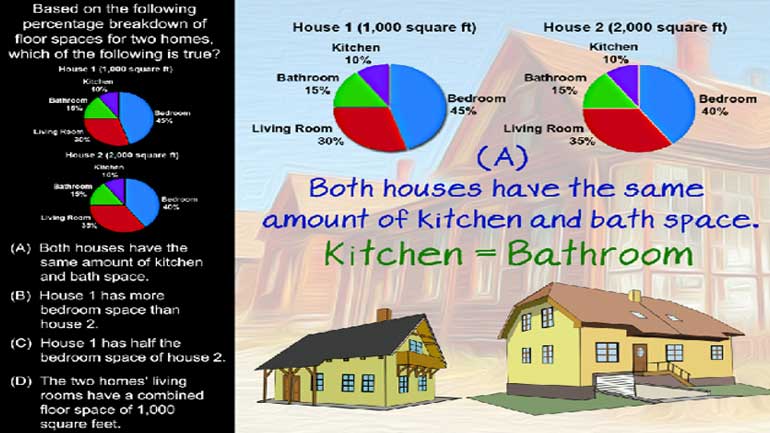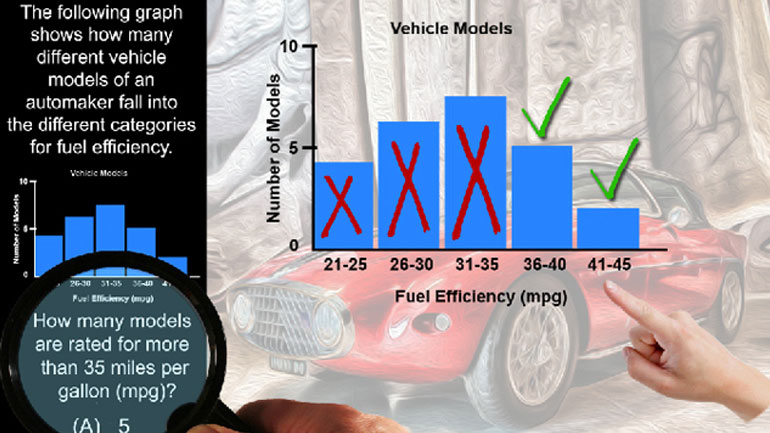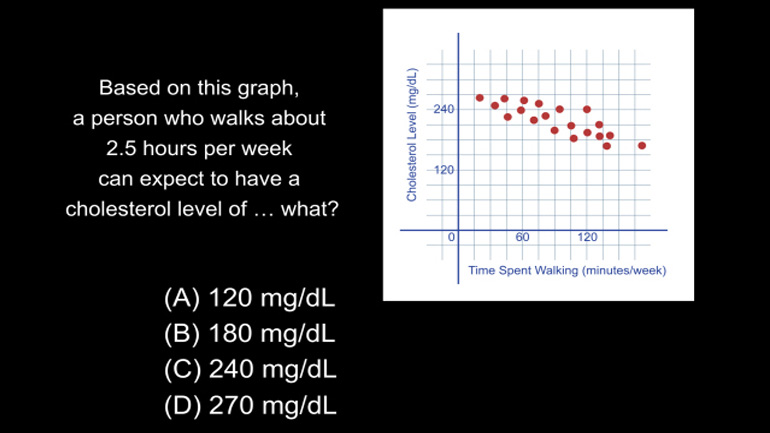ShmoopTube
Where Monty Python meets your 10th grade teacher.
Search Thousands of Shmoop Videos
Statistics and Probability Videos 134 videos
SAT Math: Statistics and Probability Drill 1, Problem 2. If the four largest numbers in the set were doubled, what would happen to the median...
SAT Math 1.4 Statistics and Probability. If two standard 6-sided dice are rolled, what is the probability that the sum of the dice will be gre...
SAT Math 1.5 Statistics and Probability. If Silas draws one card, then places it in his pocket and draws another, what is the probability that...
CAHSEE Math 3.5 Statistics, Data, and Probability I 218 Views
Share It!
Description:
Statistics, Data, and Probability I: Drill Set 3, Problem 5. What is the probability that the sum of the two rolls adds up to 9?
Transcript
- 00:03
Here's an unshmoopy question you'll find on an exam somewhere, somewhere in life...
- 00:07
Kerry rolls a fair-numbered cube twice.
- 00:11
The possible outcomes are shown in the following tree diagram.
- 00:14
What is the probability that the sum of the two rolls adds up to 9?
- 00:20
And here are the potential answers:
Full Transcript
- 00:27
OK, so what's this question asking?
- 00:29
Well, first we have to know what a "fair numbered cube" is, right?
- 00:33
Is that a cube that doesn't cheat?
- 00:36
Nah... it's just a $5 word for a die. That is, it has numbers 1 through 6 on it...
- 00:42
or pips that represent those numbers...
- 00:45
...and its... fair. That is, each number has the same odds of being rolled.
- 00:50
There are a few ways of getting to the right answer but let's start with the brute force
- 00:53
method and quickly list all of the possibilities -- check 'em out here:
- 00:59
The visual chart they give us can easily get us to the right answer if we just manually
- 01:03
add the numbers to get all the 9s -- so let's note the circled numbers.
- 01:08
Some easy observations help speed us to our answer here -- first, if we roll a 1 or a
- 01:13
2 on the first roll, we'll NEVER get to a 9 so we can just... throw 'em out.
- 01:20
We have a TOTAL of 36 possible rolls here. So all we have to do is hunt through the remaining
- 01:25
rolls and add up how many combinations get us to 9.
- 01:28
That is... if we roll a 3 on the first roll,
- 01:31
the way we get to a 9 is by having the second roll be a 6.
- 01:35
If the first roll is a 4, we need a 5 to get there. And... so on --
- 01:38
So we have: A first roll of 3 plus a 6 A first roll of 4 plus a 5
- 01:43
A first roll of 5 plus a 4 And a first roll of 6 plus a 3
- 01:48
So there we go. Four possible ways of making a 9 with two rolls...
- 01:53
...or a 4 out of 36 chance of making a 9 on two rolls.
- 01:57
Four-thirty-sixths simplifies to one-ninth... or a bit over 10%.
- 02:01
All we're really concerned about though... is that we found our answer.
- 02:05
Choice B.
- 02:06
Unfortunately, this story has a sad ending...
- 02:09
...as it turns out Kerry was too young to be gambling.
- 02:12
Hang on, Kerry. We'll get you a good lawyer.
Related Videos
CAHSEE Math: Algebra and Functions Drill 5, Problem 3. Solve the equation.
Statistics, Data, and Probability I: Drill Set 3, Problem 4. How many different avatars can be created based on the given options?
Statistics, Data, and Probability II Drill 3 Problem 2. Which two sports together make up for the preferences of more than half of all those w...
Statistics, Data, and Probability II Drill 3 Problem 3. One hundred twenty of those who were asked preferred what sport?
